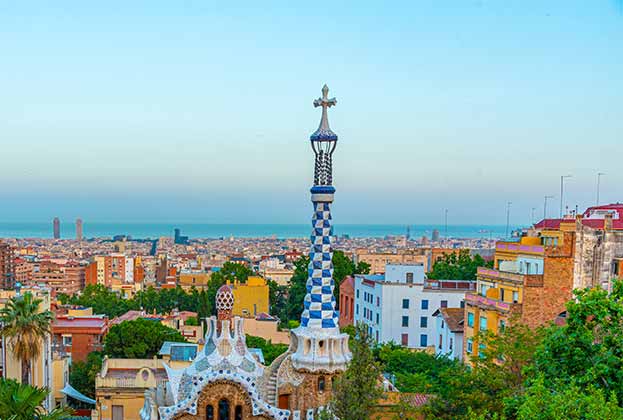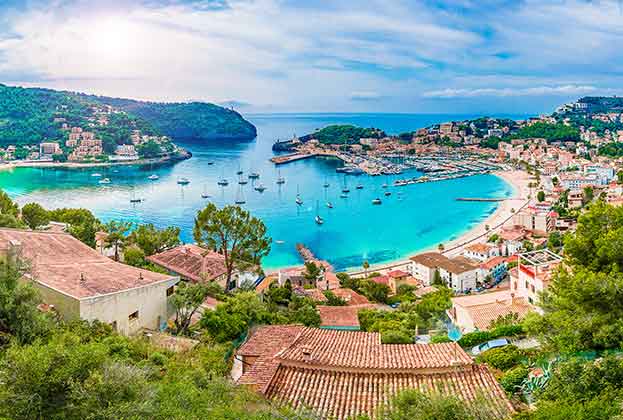Over the past few years obtaining a mortgage has proved difficult for non-resident buyers in France. One key issue is that the usury rate – set by the Bank of France and determining the maximum annual percentage rate (APR) a bank can charge – has not reflected the rate increases announced in swift succession by the European Central Bank. With the required APR some way below the interest rate, lenders would be making a loss, ultimately resulting in many not lending at all until rates become aligned.
On top of this, post-Brexit many banks stopped lending to British residents as the UK was no longer part of the EU. This was the perfect storm for clients with a link to the UK.
The number of banks who will consider lending to British residents and expats is small compared to the pre-Brexit world but depending on the value of the property there are specialist lenders targeting this market. The potential of American buyers has encouraged some to offer lending solutions to US residents too and French high street banks can be generous with loan-to-values for non-residents, with 70 to 80% achievable. Products are on a repayment basis and long-term fixed rates are the preference, providing security from the rate volatility seen recently. After the historically low rates in Europe over the past 10 years there is some adjustment to be made in terms of what rates are now achievable. This is especially important as remortgaging may not be available and where it is there are legal costs and possibly early repayment charges too. A buyer should also be aware that capital raising, i.e. looking to release funds a few years after purchase, is not available in France so taking a mortgage when buying the property may be the only chance to do so.
For clients with deeper pockets, there is the added incentive of a mortgage offsetting the Wealth Tax or Real Estate Wealth Tax ("Impȏt sur la fortune Immobilière" or IFI). An annual tax is payable when the total value of the real estate assets is greater than €1.3 million and there is a sliding scale of tax ranging from 0.5 to 1.5%. Having a mortgage on the property can reduce the net value of the asset to below this threshold. However, a loan taken in the UK to buy the property would not be acceptable: the mortgage must be secured on the property in France.
For loans of over €3 million, many owners opt for a mortgage from a private bank. These lenders have the expertise to understand more complex income and have far greater flexibility on age. They also accept a wider range of ownership structures based on assets rather than simply income. The mortgage would usually be on an interest-only basis on a five-year renewable facility with the loan repayable at maturity. High-net-worth individuals often find they do not fit the rigid mould of French retail banks’ criteria so are more naturally private banking clients, but European lending always requires a wider relationship with the bank so only taking out a mortgage is not an option. Generally, the standard requirement is for a minimum of €1 million to be invested with the bank to qualify for a loan.
While borrowing in France has been tricky for a while, there are encouraging signs that this situation is easing, with the usury rate no longer an impediment as it is aligned with current rates and some specialist lenders willing to consider non-resident buyers, including US residents. Banks are also expecting interest rates to fall this year, which should make borrowing terms even more attractive. It is always worth considering a French mortgage as rates compare favourably with those charged on other types of finance, as well as the potential tax benefits. Speak to a specialist broker who will ensure you have the complete picture before you buy so that you can secure competitive finance in what is a narrow window.
.jpg)
.jpg)




.jpg)
.jpg)


